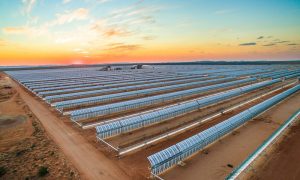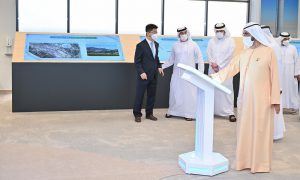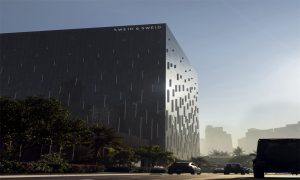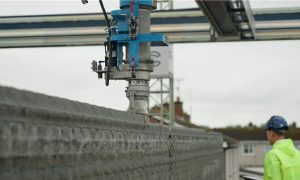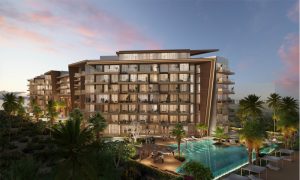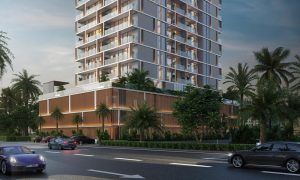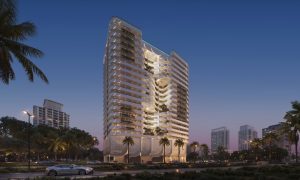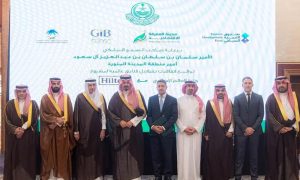Dubai to launch second phase of solar plant
Solar park to produce 1,000MW by 2030 and help meet target to derive 75% of emirate’s energy needs from clean sources by 2050

The Dubai Electricity and Water Authority (Dewa) will soon launch a 200MW Concentrated Solar Power (CSP) plant at the Mohammed bin Rashid Al Maktoum Solar Park, the second phase of a project that aims to generate 1,000MW of clean electricity by 2030, according to the head of the authority.
Saeed Mohammed Al Tayer, managing director and chief executive officer of Dewa, said the project is a part of the Dubai Clean Energy Strategy 2050, under which the emirate seeks to derive 7% of its total power requirements from clean energy sources by 2020, 25% by 2030, and 75% by 2050.
Dewa intends to build the largest CSP project in the world using the Independent Power Producer (IPP) model, Al Tayer said, and has already invited tender bids from leading international CSP consultants for advisory services for the 200MW second phase of the CSP plant, which will be operational by April 2021.
Using the IPP technology, Dewa will generate 1,000MW of electricity by 2030 at the Mohammed bin Rashid Al Maktoum solar park, which will be the single largest solar park in the world using the IPP model. The final output of the park is expected to touch 5,000MW, he added.
The 13MW first phase of the project became operational in October 2013. When completed, the entire project will achieve a carbon emissions reduction of approximately 6.5 million tonnes annually, Al Tayer said.
“An important advantage of CSP is that thermal heat, which is used to produce electricity, can be stored easily, which makes it possible to produce electricity after sunset,” Al Tayer said. “The plant will have several thousand heliostats located around a tower that receives the radiation reflected by the heliostats which follow the sun’s movement. The heat-transfer fluid is then used to power the steam turbine to generate electricity.
“The project will use thermal storage for 8-12 hours daily, taking into account technical and economic factors. This will contribute to improving the effectiveness and efficiency of production and meet the requirements of the electricity grid. This in turn, will provide sustainable world-class energy supply for everyone in terms of availability and reliability, and support the sustainable development of the emirate. It will contribute to making Dubai the city with the lowest carbon footprint in the world by 2050.”
Al Tayer also said that Dewa is working to diversify Dubai’s energy mix to include 61% from natural gas, 25% from solar energy, 7% from clean coal and 7% from nuclear power by 2030. The reliance on clean energy sources will be increased incrementally to touch 75% by 2050, he added.



